About Waku
-
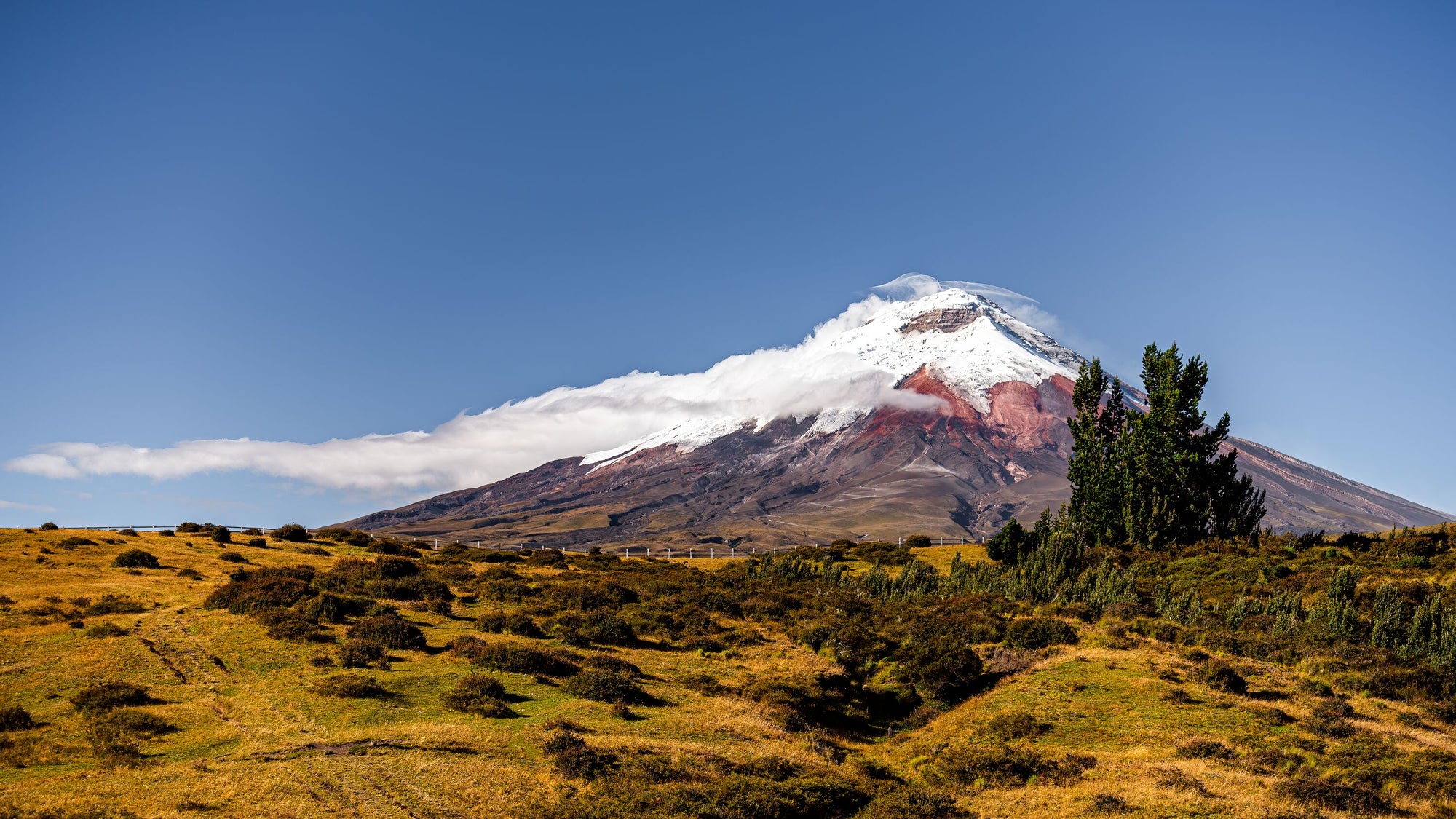
Social Impact - All the Way From Ecuador to Improve your Gut!
Have you ever wondered where the middle of the world is? Or, have you ever dreamed of going to a place where the mountains round the city and the Amazon cleans the air? Let us introduce you to… Ecuador, our beautiful, biodiverse and magical home: the place where Waku is born.
-
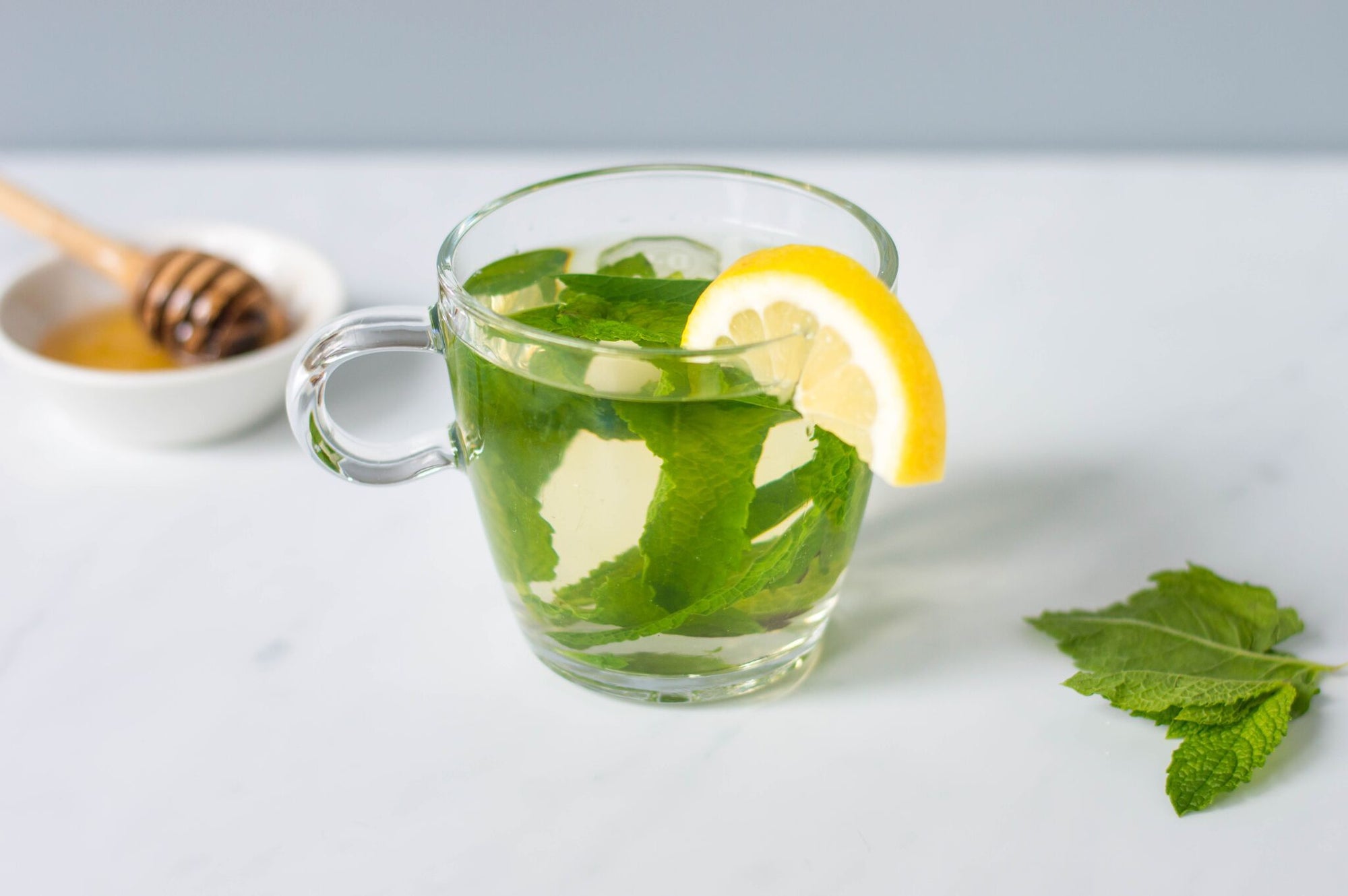
The Quali-tea of Mint
Welcome to yet another episode of the Quali-tea series. Mint is a popular ingredient in several foods and beverages, ranging from teas and alcoholic drinks to sauces, salads and desserts. Using fresh mint and other herbs and spices in cooking can help a person add flavor while reducing their sodium and sugar intake. Throughout history, people have used different species of mint plants in medicine. Different types of mint plants offer a range of antioxidant qualities and potential health benefits, especially for people who have irritable bowel syndrome (IBS).
This one is actually one of our favorite herbs in the Waku blend. Not only does it help boost the flavor and benefits of the other herbs, it also gives our tea the freshness it needs to be the perfect herbal tea for either a hot summer day or to drink on a warm autumn night. Take a look at this fun facts, benefits and uses of Mint.
-
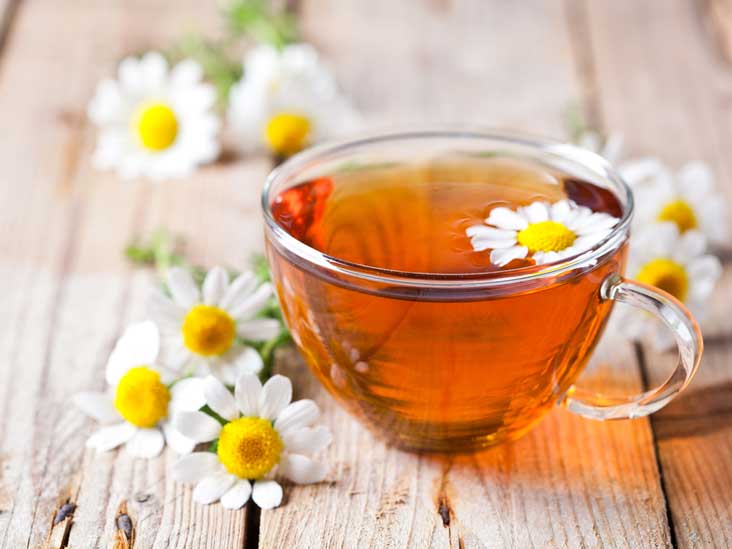
The Quali-tea of Chamomile
Welcome to another Quali-tea blog. On this occasion, we are going to discuss and unravel one of our tea ingredients that has actually been around for ages and has been proven to be a great remedy for a large number of stomach and digestive issues. If you didn't know this already, now is probably a good time to tell you that Waku teas don't have any caffeine, that is because we don't use any tea plant or leaves that contain that component. Instead, we went for more natural and healthier options by creating a delicious and incredibly beneficial herb blend that does wonders for your digestion and overall gut health. And of course, we couldn't do this without chamomile. Here are its fun facts, benefits and uses. Enjoy!
-
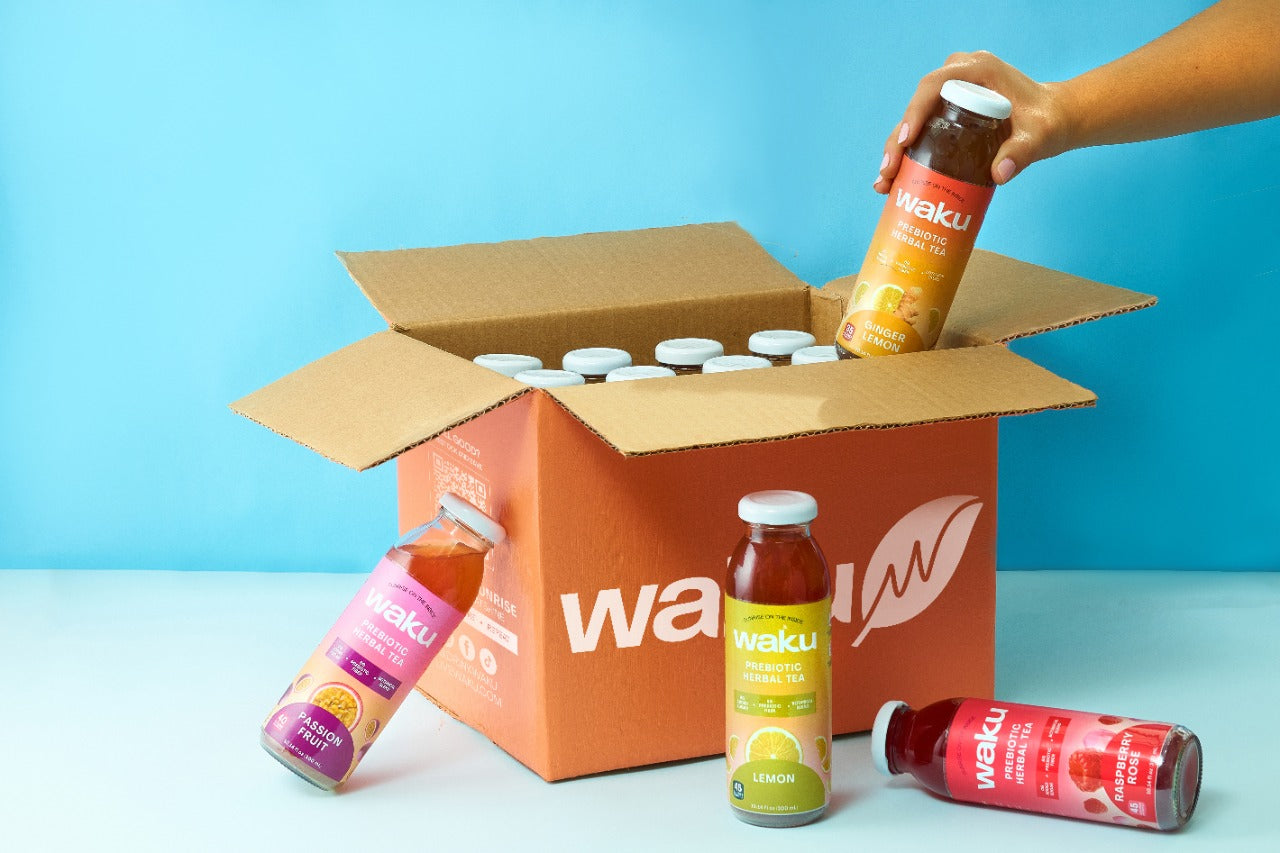
Why does Waku cost what it costs?
If you have been following our journey and have tried our Prebiotic Herbal Teas, you know that a case of Waku (which includes 12 glass bottles of our fruity teas) costs up to $39.99. Of course there are always new discounts, bundle offers, special day promotions and overall benefits to get more cases at a lower price, but essentially a single bottle of Waku could cost approximately $3. And over all of these years and throughout all of those promos, we have heard a question pop up every once in a while and that is “Why is Waku so expensive?”. Today, we will answer that question by breaking down why the cost of Waku is truly just a reflection of its value.
-
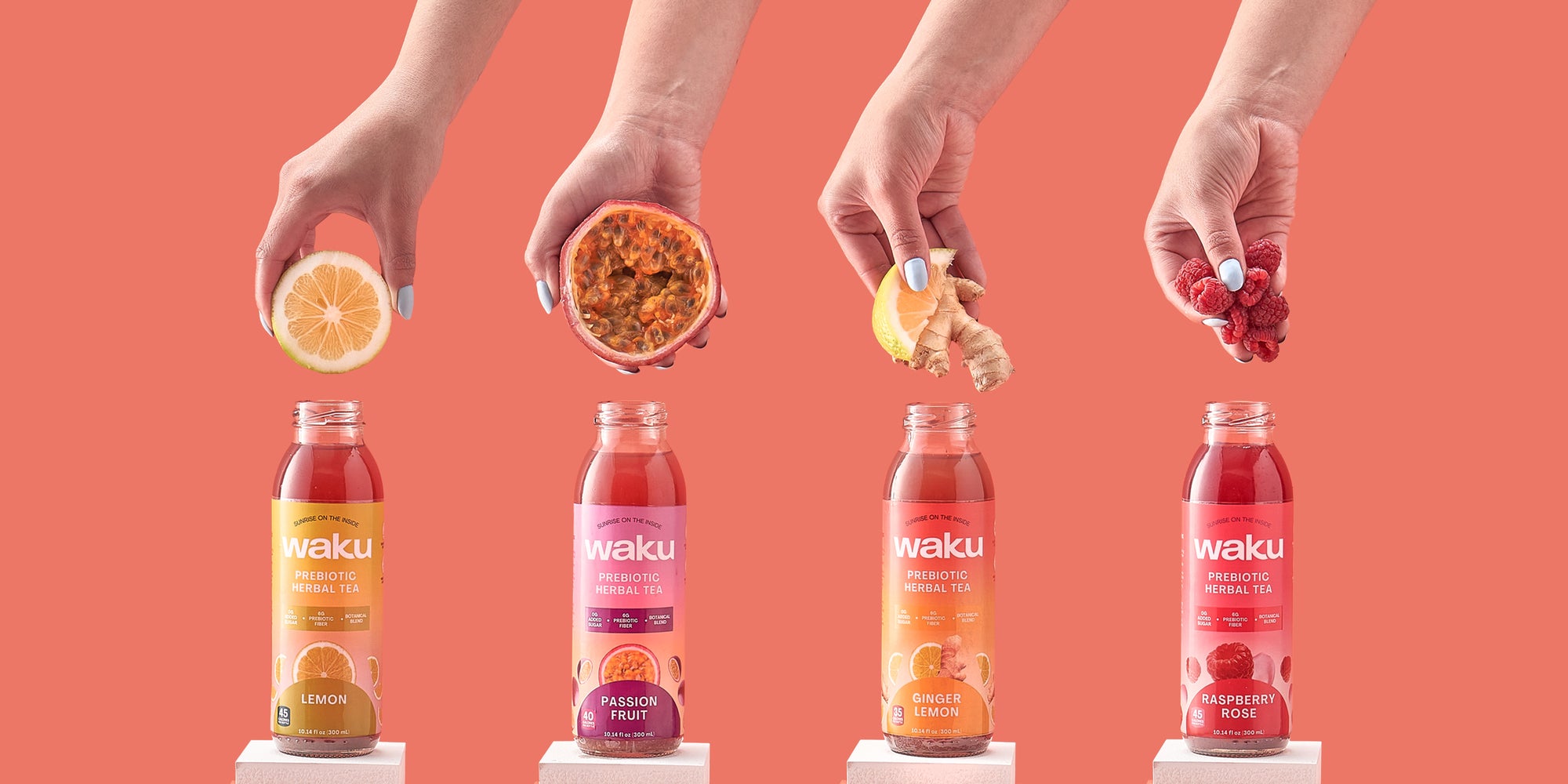
"The Waku Effect"
If you have already tried Waku, you know exactly what we are talking about with the Waku effect. Our prebiotic herbal teas are full of flavor, freshness and deliciousness. They are also vegan, caffeine free, GMO free and don't have any added sugar. Waku also contains 6 grams of prebiotic fiber which basically represents 25% of the daily fiber intake we should be consuming. They are perfect as a food pairing and will do absolute wonders for your gut health and overall digestion.
We are well aware that sometimes when a product claims to be super healthy it might taste too strong or be hard to obtain. However, Waku is the exception to all of that. Not only is it absolutely delicious, it is easy to buy, serve and consume. If we haven't convinced you by now, here are some honorable mentions that just prove how good and truly amazing Waku is. Take a look!




